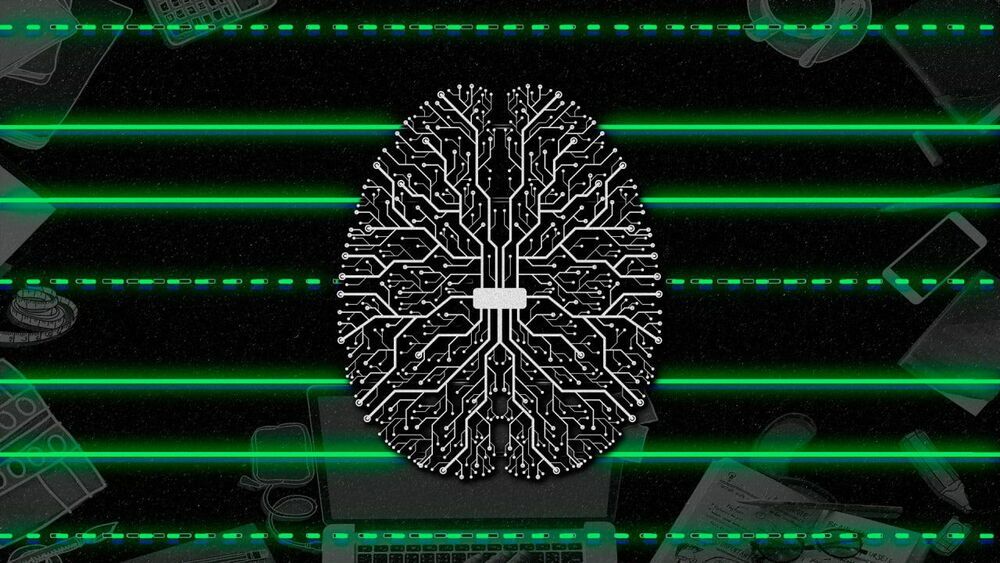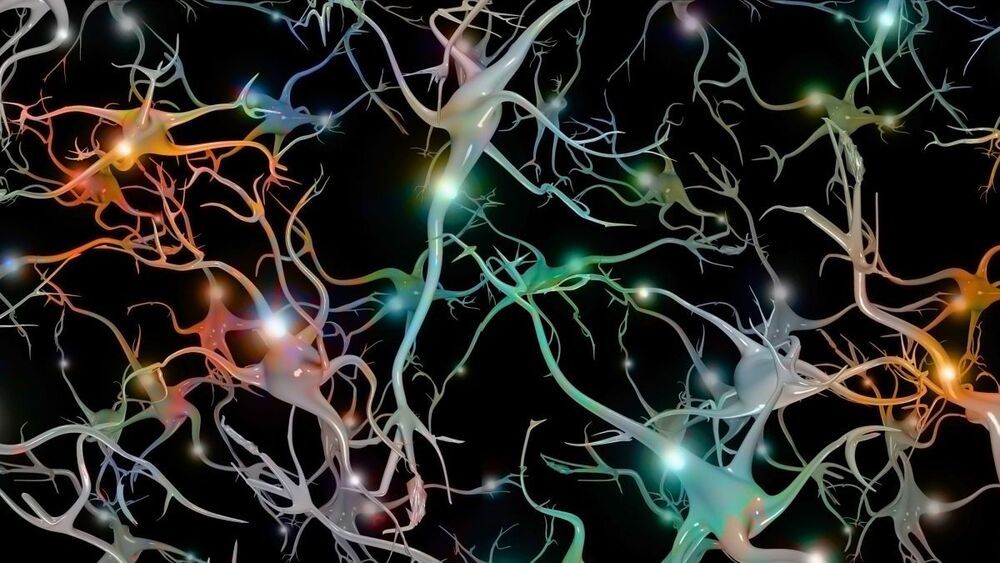NASA’s Perseverance Mars rover recently attempted its first-ever sample collection of the Martian surface on August 6. However, data shows that while the rover’s drill successfully drilled into the surface, no regolith was collected in the sample tube.
Meanwhile, as Perseverance was preparing for the sample collection event, a team of researchers using ESA’s Mars Express orbiter found evidence that previously thought of lakes of water underneath Mars’ south pole might actually be made of clay.
Perseverance’s sample collection failure
On August 6 Perseverance’s 2-meter robotic arm lowered to the Martian surface, where a drill located at the end of the arm began carving into the local rock.








